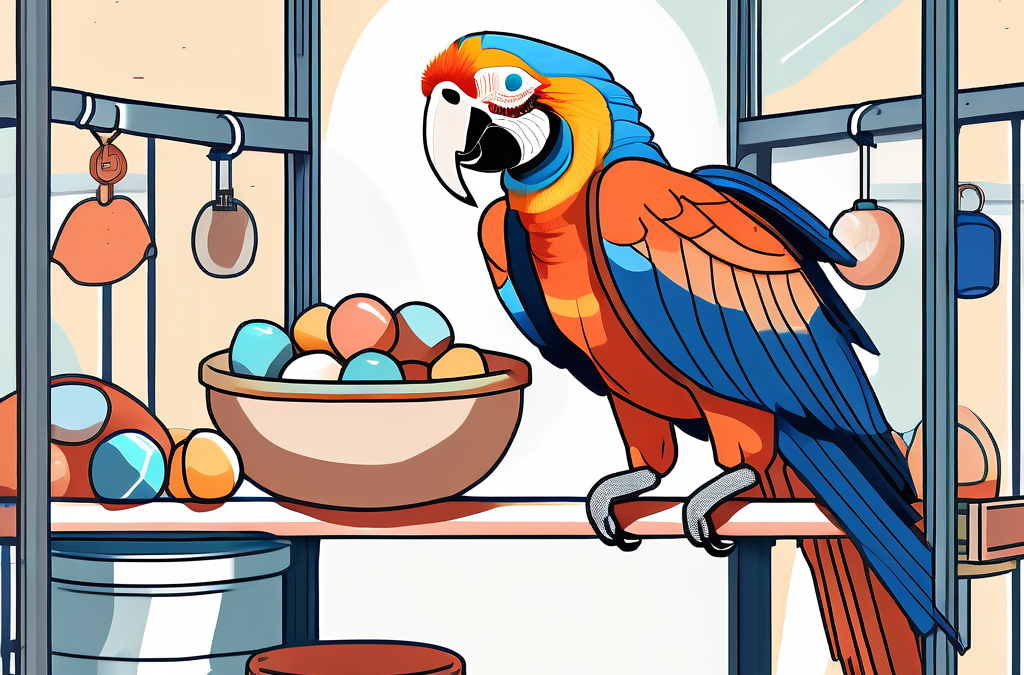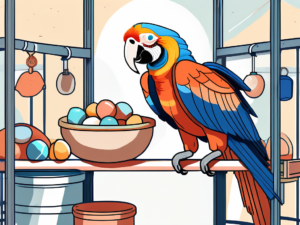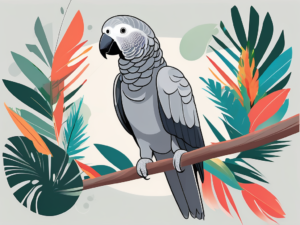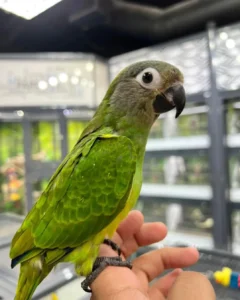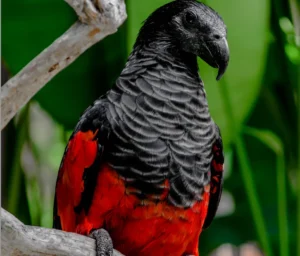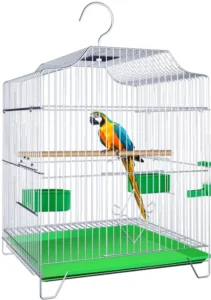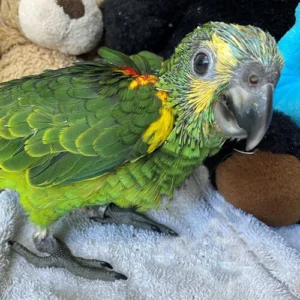Discover crucial insights into parrot health issues and learn essential tips to consider before purchasing parrots for sale.
When considering bringing a parrot into your home, it’s essential to be informed about the potential health issues these vibrant creatures may face. Parrots are known for their stunning plumage and remarkable intelligence, but like all pets, they can be susceptible to various health problems. This article provides essential insight into parrot health issues, pre-purchase considerations, and tips for maintaining a healthy environment for your future feathered friend.
Understanding Parrot Health Issues
Parrots for sale, like any pet, require a commitment to health and well-being. Understanding the specific health issues that affect these birds can help potential owners make informed decisions. The prevalence of certain illnesses, coupled with the right preventive measures, can significantly enhance a parrot’s quality of life. Moreover, being aware of the unique needs of different parrot species can tailor care to their specific requirements, ensuring they thrive in a home environment.
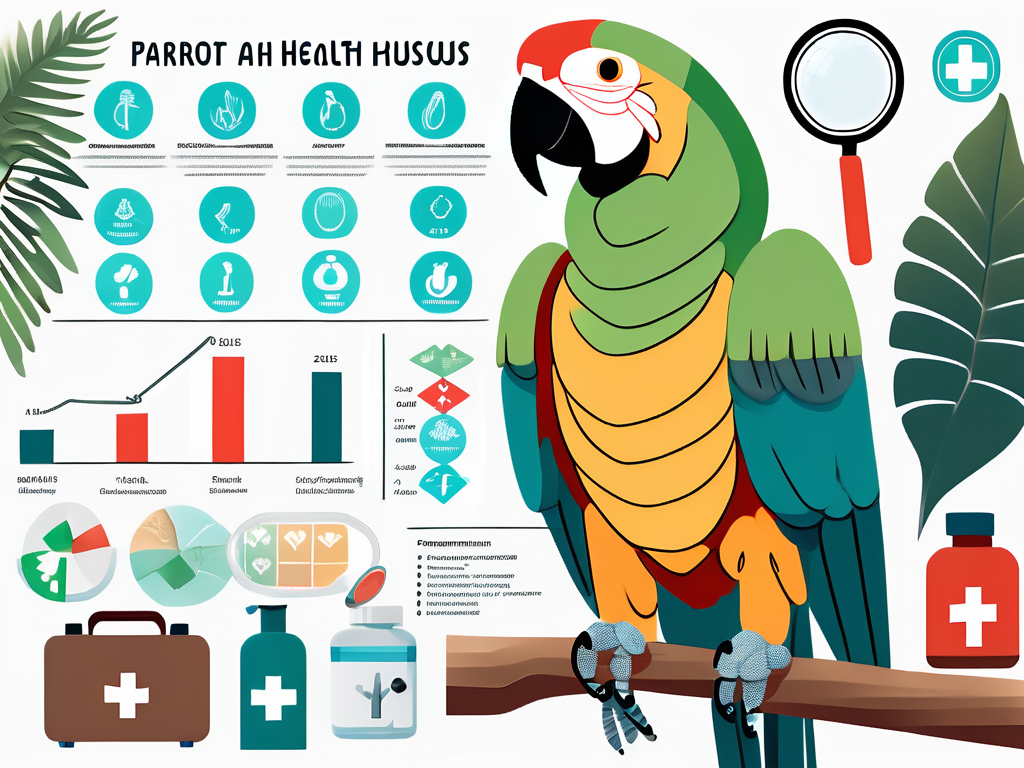
Common Health Problems in Parrots
Parrots are prone to several health problems, many of which can stem from inadequate care, poor diet, or environmental stressors. Common health issues include:
- Psittacosis: A bacterial infection that can affect both birds and humans, often presenting with respiratory symptoms in both species.
- Feather Plucking: A behavioral issue that leads to self-mutilation due to stress or boredom, often requiring behavioral modification techniques to address.
- Obesity: Often caused by overfeeding or lack of physical activity, leading to other serious conditions such as heart disease and diabetes.
- Respiratory Issues: Can arise from exposure to irritants such as smoke, fumes, or mold, necessitating a clean and well-ventilated living space.
Being vigilant about these common issues can help owners seek veterinary assistance promptly, improving the chances of recovery and maintaining the overall health of their parrot. Additionally, understanding the environmental and social needs of parrots can help mitigate some of these health risks, as many issues stem from stressors that can be managed with proper care.
Signs of Illness in Parrots
Identifying the signs of illness early can be crucial for a parrot’s health. Symptoms may vary, but some typical indicators to watch for include:
- Lethargy or reduced activity, which can indicate underlying health problems.
- Changes in appetite or drinking habits, as these can signal digestive issues or other health concerns.
- Excessive vocalization or changes in vocal patterns, which may reflect stress or discomfort.
- Abnormal droppings, which can provide insights into a parrot’s diet and health status.
- Physical signs such as feather loss or swelling, which may require immediate veterinary attention.
Owners should observe their parrots closely to recognize these signs early, as timely intervention can often lead to better treatment outcomes. Additionally, keeping a journal of behavioral changes and health indicators can help owners communicate effectively with veterinarians, leading to more accurate diagnoses and treatment plans.
Preventive Measures for Parrot Health Issues
Preventive care is fundamental in maintaining a parrot’s health. Integrating certain practices can contribute to a healthier and happier bird:
- Ensure a balanced diet rich in fruits, vegetables, and high-quality pellets, as this can prevent nutritional deficiencies.
- Provide a clean and safe living environment, free from toxins and potential hazards, including safe toys and perches.
- Incorporate regular exercise through playtime and social interaction, as mental stimulation is just as important as physical activity.
- Schedule regular veterinary check-ups to catch potential health issues early, ensuring vaccinations and health screenings are up to date.
Implementing these preventive measures can significantly enhance your parrot’s longevity and quality of life. Furthermore, educating oneself about the specific needs of the parrot species in your care can lead to more tailored health strategies, fostering a deeper bond between owner and pet while ensuring the bird’s well-being is prioritized.
Pre-Purchase Considerations for Parrots
Before buying a parrot, there are several critical considerations to ensure you are equipped to provide a healthy and enriching environment for your new companion. This section highlights the key factors to consider before making a decision.

Choosing the Right Parrot Breed
Different parrot species come with varying needs, temperaments, and potential health concerns. It is vital to research and understand the specific requirements of the breed you are interested in. Some popular parrot breeds include:
- Budgerigar: Small, sociable, and generally easy to care for.
- African Grey: Known for their intelligence and potential health issues related to stress.
- Amazon Parrots: Larger birds that require ample socialization and mental stimulation.
Choosing a breed that matches your lifestyle and experience level is crucial for a successful parrot ownership experience. For instance, if you have a busy schedule, a more independent breed like a budgerigar might be a better fit than a highly social species that thrives on constant interaction. Additionally, consider the lifespan of the breed; some parrots can live for decades, which means a long-term commitment to their care and companionship.
Assessing a Parrot’s Health Before Purchase
When selecting a parrot, it is essential to assess its health to avoid future issues. Some steps to evaluate a parrot before buying include:
- Observing the bird’s behavior – active and alert birds are generally healthier.
- Checking for clear, bright eyes and clean feathers.
- Inquiring about the parrot’s medical history and vaccination records.
These assessments can help ensure that you are bringing home a healthy bird. Additionally, it’s advisable to visit reputable breeders or rescue organizations that prioritize the well-being of their birds. A responsible seller will be transparent about the bird’s background and will often provide a health guarantee, which can be invaluable in your decision-making process.
Importance of a Healthy Diet for Parrots
Nutrition plays a significant role in the overall health of parrots. A well-balanced diet helps maintain their vitality and prevent various health issues. Essential components of a parrot’s diet should include:
- Fresh fruits and vegetables for vitamins and minerals.
- High-quality pellets formulated specifically for parrots.
- Occasional nuts and seeds as treats, considering moderation.
Understanding and providing the right nutrients can make a substantial difference in your parrot’s health and longevity. Moreover, it’s important to introduce new foods gradually, as parrots can be quite sensitive to dietary changes. Regularly rotating their diet not only keeps mealtime interesting but also ensures they receive a variety of nutrients. Additionally, consider the role of fresh water; providing clean, filtered water daily is essential for hydration and overall health. Engaging in meal prep can also be a fun way to bond with your parrot, as they often enjoy watching you prepare their food and may even want to join in the fun!
The Role of a Vet in Parrot Health
Veterinarians play a crucial role in ensuring the health and well-being of parrots. Partnering with an avian veterinarian can provide numerous benefits for responsible parrot ownership.
Regular Vet Check-ups for Parrots
Routine check-ups are essential for catching potential health issues before they become serious. A vet can perform thorough examinations, recommend vaccinations, and provide tailored care advice based on the specific needs of your parrot.
Vaccinations and Treatments for Parrots
Just like any other pet, parrots may require vaccinations against certain diseases. Vaccinations can safeguard them against infections that could be detrimental to their health. Moreover, veterinarians can provide treatments for common ailments that arise in parrots, ensuring timely and effective care.
How Vets Can Help in Preventing Parrot Health Issues
In addition to treating health issues, vets can be invaluable resources for preventive care. They can advise on:
- Optimal dietary plans.
- Environmental needs to reduce stress and enhance well-being.
- Behavioral issues and how to address them.
Establishing a relationship with a trusted veterinary professional can contribute significantly to your parrot’s long-term health.
Creating a Healthy Environment for Parrots
A parrot’s environment plays a significant role in its health and happiness. Providing proper living conditions is essential for their well-being.
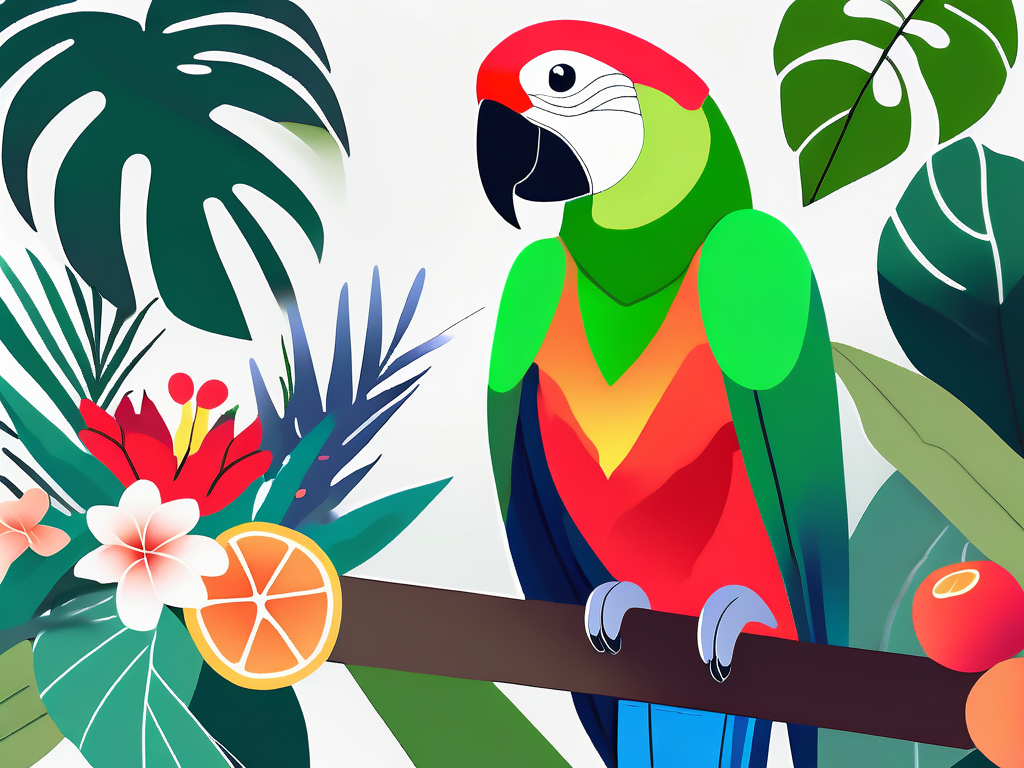
Parrots thrive in spacious, clean environments that mimic their natural habitats. Essential factors include:
- A large cage with plenty of room to move.
- Suitable perches made from different materials for variety.
- A clean, safe space for out-of-cage time.
Creating an engaging and safe living space can lead to a joyful and healthy parrot.
Mental Health Considerations for Parrots
Mental health is as crucial as physical health for parrots. They require mental stimulation to prevent boredom and stress. Activities that can help include:
- Interactive toys that encourage play and exploration.
- Social interaction, both with people and other birds.
- Training and learning new tricks to stimulate their minds.
Addressing mental health needs is essential for a happy, well-adjusted parrot.
Exercise and Stimulation for Parrots
Regular exercise and stimulation are vital for keeping parrots physically fit. Opportunities for exercise should include:
- Plenty of supervised out-of-cage time to fly and explore.
- Games that encourage movement and engagement.
- Routine training sessions to keep their minds sharp.
By integrating regular exercise into your parrot’s routine, you promote a healthy lifestyle that can prevent various health issues over time.
In conclusion, becoming a parrot owner entails a commitment to understanding and addressing the various health issues these vibrant creatures face. By considering health issues before purchasing a parrot, assessing its health, and creating an enriching environment, you will pave the way for a rewarding companionship. Investing in your parrot’s wellness today ensures that you both enjoy a long and fulfilling journey together.

